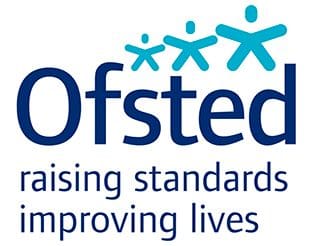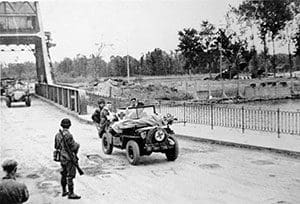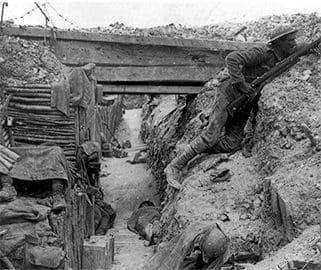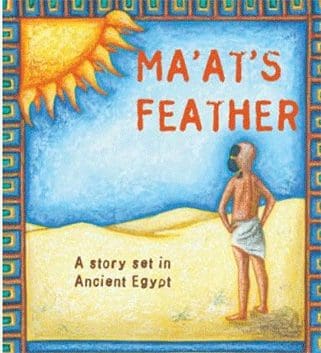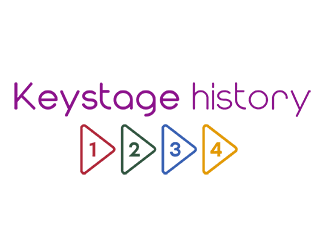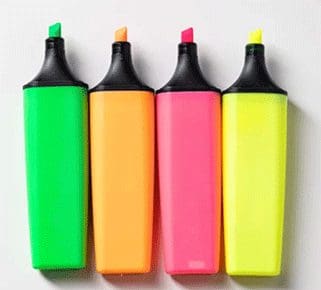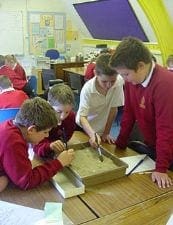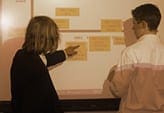
As well as listing and describing, what other forms of command words can we use to make sure that pupils’ thinking is likely to be historical?
It may be helpful to ask yourself, When did I last ask my pupils to? I have added an example from a range of lessons on the site.
So, when did I last ask my pupils to:
- Account for, explain e.g. why the Great Fire burnt down so many houses
- Argue a case e.g as one of Claudius advisers on why he should invade Britain
- Compare e.g. life for people of different levels of society/living at different times
- Criticise e.g. an oversimplified account e.g. the BBC website on evacuation
- Debate both sides of an argument e.g. for and against divorcing Catherine of Aragon
- Distinguish between fact and opinion e.g. conflicting accounts of the Battle of Marathon
- Frame their own historical questions e.g. about Viking longboats
- Judge how useful/reliable a certain testimony / source is e.g. lesson on Victorian factory conditions
- Prove a statement backing it up with well-chosen evidence e.g how we know that man went to the moon
- Summarise the significance of a person’s achievements, a turning point etc. eg. Creating a statue to Scott of the Antarctic with a 35 word inscription

